Dental veneers are a popular choice for people looking to improve the appearance of their smile, offering a beautiful and natural-looking solution to issues like stained, chipped, or misaligned teeth. One of the most common questions patients have when considering veneers is, “How long do veneers last?” At A Briter Smile in Highland Park, Los Angeles, we believe in empowering our patients with the knowledge they need to make informed decisions. In this blog, we’ll discuss the lifespan of veneers and provide tips on how to maximize their longevity.
The Lifespan of Dental Veneers
How Long Can You Expect Your Dental Veneers to Last?
On average, dental veneers can last between 10 to 15 years, depending on several factors, including the type of veneers you choose, your oral hygiene habits, and your lifestyle choices. Porcelain veneers, which are the most common type, tend to last longer than composite veneers, with some lasting upwards of 20 years with proper care.
While the materials and technology used in creating veneers have improved significantly over the years, it’s important to remember that they are not impervious to wear and tear. Veneers are durable, but like any dental restoration, they need to be maintained to ensure they last as long as possible.
Factors That Affect the Lifespan of Your Veneers
1. Dental Veneers | Oral Hygiene and Maintenance
Good oral hygiene is key to extending the lifespan of your veneers. Just like your natural teeth, veneers require regular brushing, flossing, and professional cleanings to prevent plaque buildup and tooth decay. While the porcelain or resin material used for veneers is resistant to staining, the natural tooth beneath the veneer is still susceptible to cavities if not properly cared for.
Tip: Brush at least twice a day and floss daily to maintain the health of your teeth and veneers.
2. Avoiding Excessive Pressure and Wear
Veneers are designed to be durable, but they can be damaged if exposed to excessive force. Chewing on hard foods, grinding your teeth, or using your teeth to open packages can lead to chips or cracks in your veneers. For people who grind their teeth (a condition called bruxism), wearing a nightguard while sleeping can prevent unnecessary stress on your veneers.
Tip: Avoid biting down on hard objects like ice or hard candy, and if you grind your teeth at night, wear a nightguard.
3. Dental Veneers | Lifestyle Choices
Your lifestyle choices can also impact the longevity of your veneers. Habits like smoking, excessive coffee or wine consumption, and poor diet can contribute to staining or weakening of the veneer material over time. While porcelain veneers are stain-resistant, they are not completely immune to discoloration. Additionally, smoking can weaken the bonding material holding your veneers in place.
Tip: Minimize consumption of stain-causing substances like coffee, tea, and tobacco, and try to limit your intake of sugary or acidic foods that could affect your veneers.
4. Regular Dental Checkups
Visiting your dentist regularly for checkups and professional cleanings is essential to maintaining your veneers. During these visits, your dentist will examine the condition of your veneers and ensure they are still securely attached to your teeth. If any issues arise, such as cracks or loosening, early intervention can prevent further damage and help you avoid more expensive repairs down the road.
Tip: Schedule regular dental checkups every six months to ensure your veneers are in top condition.
How to Maximize the Lifespan of Your Veneers
1. Protect Your Veneers from Physical Damage
Avoid using your teeth as tools for tasks like opening packages or biting into hard objects. These actions can put unnecessary pressure on your veneers and cause them to crack or break.
Tip: Always use scissors or tools for tasks instead of your teeth, and be mindful of the foods you eat.
2. Be Mindful of Bruxism
If you suffer from teeth grinding (bruxism), your veneers are at risk of being damaged over time. The constant pressure from grinding can cause small chips or cracks to form in your veneers.
Tip: Talk to your dentist about custom-made nightguards that can protect your veneers while you sleep.
3. Follow Your Dentist’s Care Instructions
Every patient is unique, and your dentist may provide specific care instructions to help you get the most out of your veneers. Whether it’s recommendations for certain foods to avoid or advice on how to maintain the bond between your veneers and natural teeth, following your dentist’s advice is key to maximizing the lifespan of your veneers.
Tip: Follow your dentist’s personalized care instructions and ask any questions if you’re unsure how to best care for your veneers.
Why Choose A Briter Smile for Your Dental Veneers?
At A Briter Smile in Highland Park, Los Angeles, we are committed to providing the highest quality veneers tailored to your specific dental needs. Our team of experienced cosmetic dentists uses the latest technology and materials to ensure your veneers look and feel natural while providing long-lasting results. We take the time to educate our patients about proper care and maintenance to help you enjoy your beautiful smile for many years to come.
Schedule Your Consultation Today for Dental Veneers!
If you’re considering veneers and want to know more about how long they last and how to maintain them, we invite you to schedule a consultation at A Briter Smile. Our team is here to help you achieve a stunning smile and ensure your veneers last as long as possible.
Conclusion
Veneers are a durable and long-lasting cosmetic dental solution, with most patients enjoying their results for 10 to 15 years or longer with proper care. By maintaining good oral hygiene, protecting your veneers from damage, and following your dentist’s advice, you can maximize the lifespan of your veneers and continue to enjoy a beautiful smile for years to come. At A Briter Smile, we are dedicated to helping you achieve the smile of your dreams and providing the expert care you need to keep it that way.

